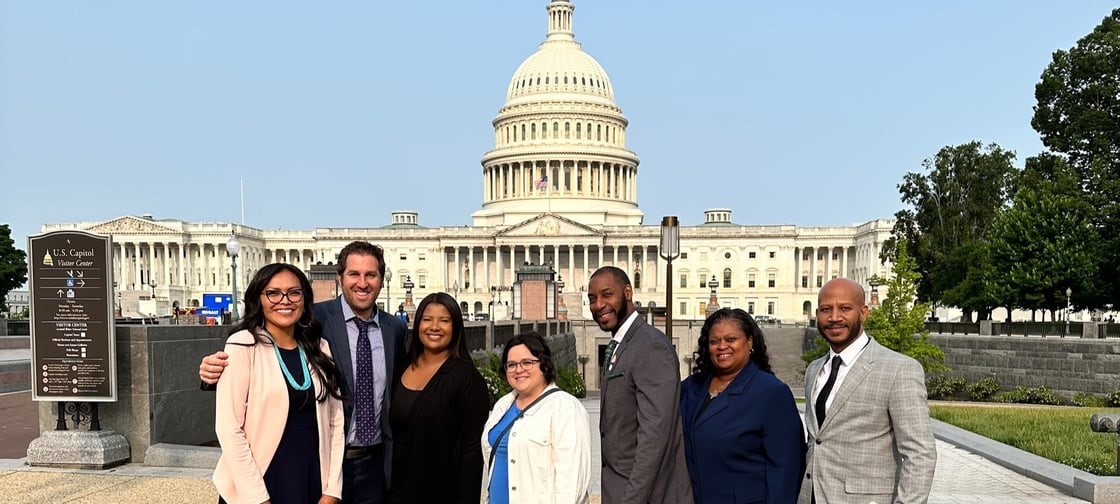Good researchers need good data. The National Alliance releases reports on charter school enrollment share and estimated charter school enrollment every year, and we depend on our state partners to collect and release necessary data so we can give appropriate policy recommendations.
Conversely, a lack of data means we can’t do our jobs – and that’s a very serious concern with implications that go well beyond our organization. Unfortunately, states are becoming increasingly wary of releasing information on their students because of the unspoken concern about running up against FERPA. The Family Educational Rights and Privacy Act (FERPA) is a federal privacy law that gives students and parents certain protections with regard to their education records, such as report cards, transcripts, disciplinary records, contact information, and class schedules. No one wants to be in violation of FERPA – and with good reason. Not only do we need to protect children’s privacy, but being in violation of FERPA leads to possible prosecution under criminal codes and loss of federal funding. To keep their records safe, any data with personally identifiable information data (PII) must be masked. For example, when breaking out data by subgroups, data should be replaced with “***” if there are fewer than 10 students in the group. However, it’s a big leap to go from censoring small group stats to completing withholding all data. So, we end up with states like Colorado, that hasn’t released useable proficiency data since 2013. Or states like Idaho, where data suppression prevented deserving schools from qualifying for national school rankings. It’s time to address the FERPA fear factor and what it’s doing to our ability to know what works in education and for whom. Even more important than enrollment data are performance data. Having access to performance data is critical because parents and students have the right to know how their local schools are performing. Yet, 13 out of the 49 states and territories we looked at for the latest school accountability standards and performance data – over 25 percent – did not make the files publicly available. The reasons given ranged from simple testing updates (California is currently transitioning to a new accountability system) to the more obscure: Alaska did not have accountability data for the latest school year because their assessments were cancelled when a construction accident severed a crucial fiber-optic cable monitoring their computer-based testing. Then there are states that provide data, but do not break out the numbers by subgroup. This is especially detrimental when we are trying to understand education policy initiatives for high-risk students. For example, if we want to understand how low-income students are performing in different schools, we would need to see those data presented broken down by demographic information. Unfortunately, those data are often not available, which prevents us from seeing the broader policy implications, most often for the most disadvantaged students. Now, more than ever, it’s crucial for state departments of education to take a strong stand on releasing high-quality data sets. With more charter schools available, parents have more choices of where to send their children, but that decision becomes muted without proper data. There are now charter schools in 43 states and the District of Columbia, and we need to have the best numbers available to us to show where charter schools are working and where authorizers need to work harder to hold schools accountable. Over 3 million children attend charter schools, which is six times the number of students who enrolled in charter schools 15 years ago. Charter school supporters have come under fire for overlooking criticisms of charter schools, but it’s difficult to hold them accountable if we can’t see the data. Families want school options to be part of the fabric of their education. They want the right to compare which schools are best for their children. According to our 2016 parent survey report, nearly 80 percent of parents surveyed supported the parent’s ability to choose their child’s public school, regardless of where they live. Why shouldn’t we give researchers and families the best information possible to make those choices? Adam Gerstenfeld is a LEE Fellow spending the summer working with the National Alliance’s research team.







